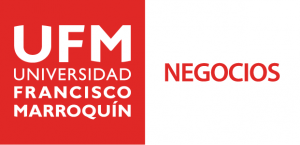Program modules
8 courses of 15 hours each.
Program will be taught fully in English.
This introductory module sets the stage for the Minor in Family Business Program. In these first two days, we discuss the distinct characteristics – strengths as well as potential weaknesses – not only of family enterprises, but also of the families that own them. We explore the basics of family dynamics, covering important topics such as birth order and sibling dynamics, effective communication and conflict resolution, and the role of cohesion in building a lasting, aligned, and effective enterprising family. We begin discussing the role of family governance, a topic that will be deepened in the Governance module (Module 3, led by Prof. Miguel Mendez).
Dates: April 10 and 11
